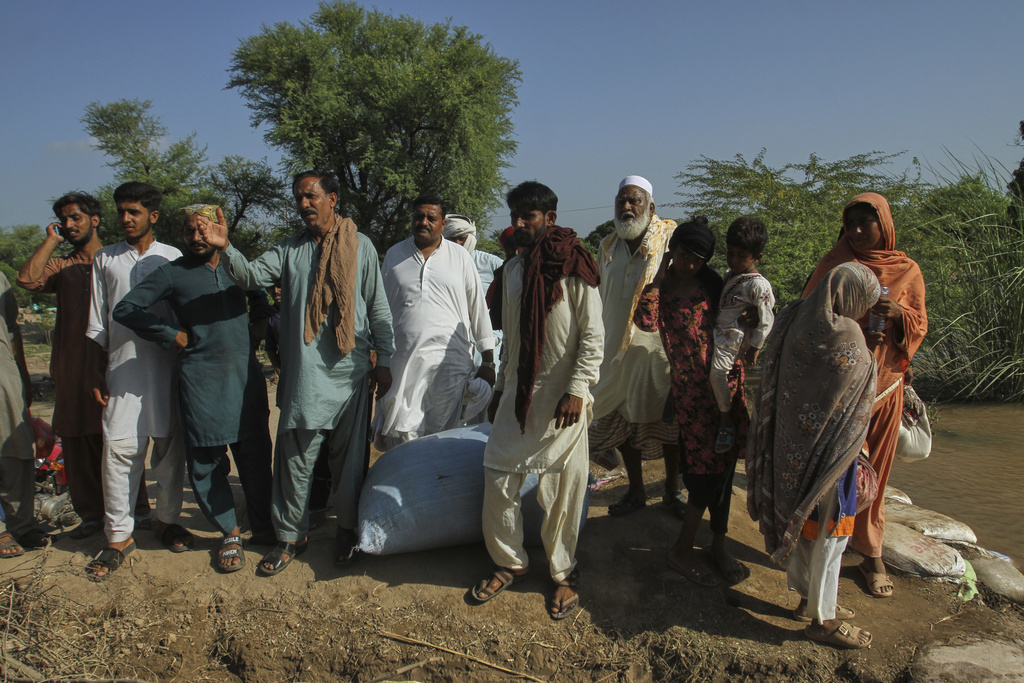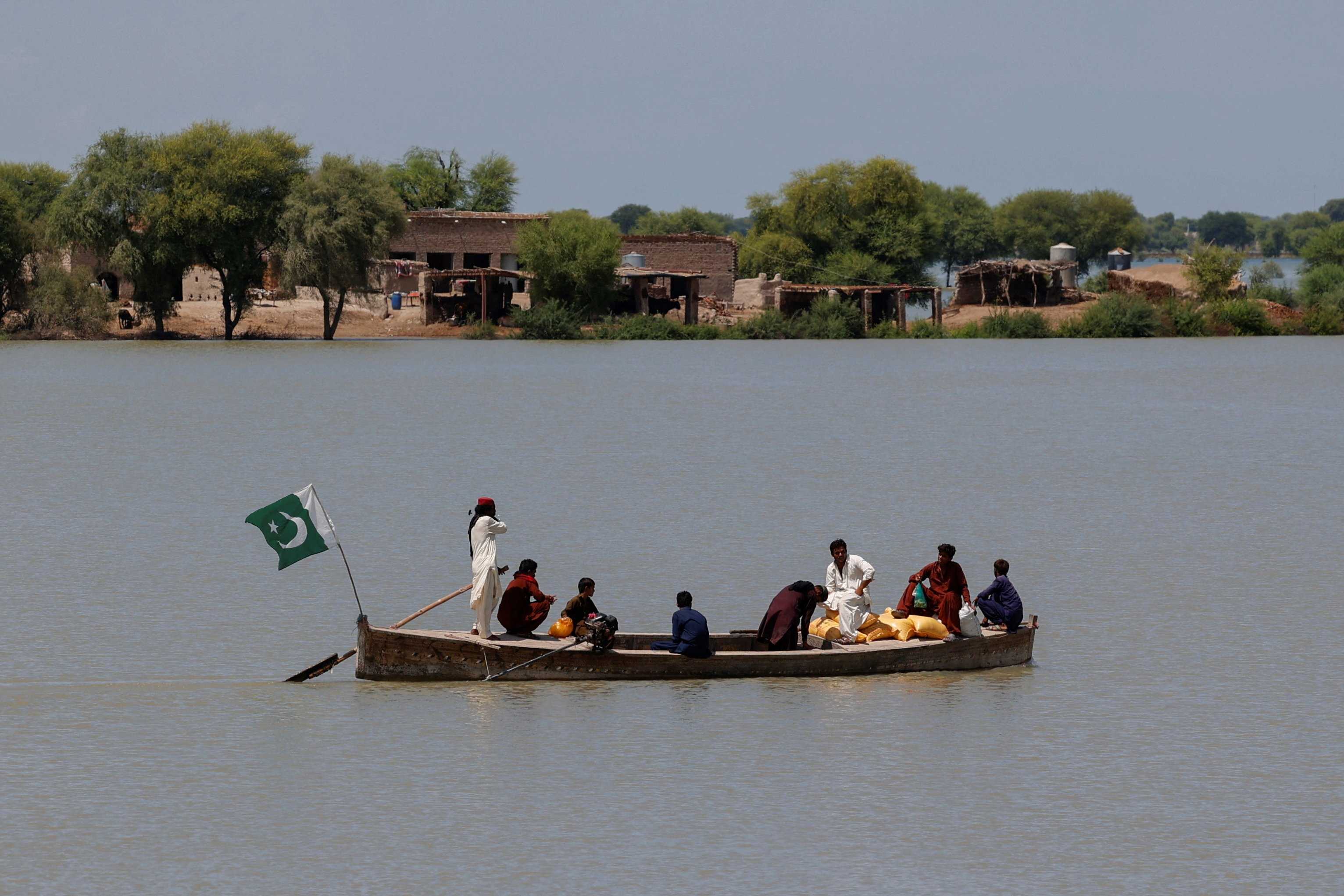LAHORE: As Pakistan grapples with devastating floods, health experts warn of increased risks to public health if preventive measures are not maintained.
Since late June, heavier-than-usual monsoon rains have caused widespread flooding and landslides, impacting over 6 million people across the country, according to the United Nations.
In Punjab, the Provincial Disaster Management Authority reported that over 4.7 million people have been affected, with more than 100 lives lost and thousands of homes, livestock, and crops destroyed.
The floods have displaced 2.6 million people, leaving communities vulnerable to waterborne diseases.
Health officials confirmed that the total number of patients treated in flood-affected areas has exceeded 900,000. Most cases involve respiratory issues, fever, skin allergies, diarrhea, and eye infections — conditions all related to flood contamination and poor living conditions.
No danger of epidemics
Despite the surge in medical cases, authorities maintain that no major epidemic has been detected.
Dr Moiz Mansoor, Additional Director at the Punjab DGHS office, told Pakistan TV Digital that up to 20,000 health camps were established at the height of the floods. As waters recede, around 465 health camps — including mobile clinics and field hospitals — remain operational.
“At the peak, more than 51,000 patients were screened in a single day,” Dr Moiz said.
“We are actively testing for malaria, diarrhea, eye diseases, and snake bites. While there has been a 2% to 3% increase in overall disease incidence, there is no evidence of an outbreak.”
However, public health experts remain cautious. Dr Masood Sheikh, a senior health specialist, noted that Pakistan is among the most frequently flood-affected countries in the world.
“The consequences can be immediate, in the form of fatalities, or longer-term through the spread of infectious diseases,” he said.
The actual health toll is probably underestimated due to the scale of displacement and the difficulties in gathering data, he added.
Dr Sheikh warned that Punjab could see a rapid spread of preventable diseases like polio, measles, leishmaniasis, HIV, and COVID-19 if vaccination efforts are not strengthened.
Many flood victims are already suffering from skin and waterborne infections caused by prolonged exposure to contaminated water, he added.
Health services overwhelmed
While provincial authorities focus on rescue efforts and setting up medical camps, reports from the field indicate that health services are overwhelmed.
Doctors and aid workers describe clinics swamped with patients, shortages of essential medicines, and long waits for treatment. In some camps, anti-malarial drugs and rabies vaccines have reportedly run out, leaving residents at greater risk.
The World Health Organization has warned of “grave risks” of epidemic outbreaks, urging immediate improvements in clean water, sanitation, and consistent medical supplies. Aid groups echo these concerns, pointing to unsanitary conditions in camps and stagnant floodwater breeding mosquitoes, which raises the threat of cholera, dysentery, and dengue.
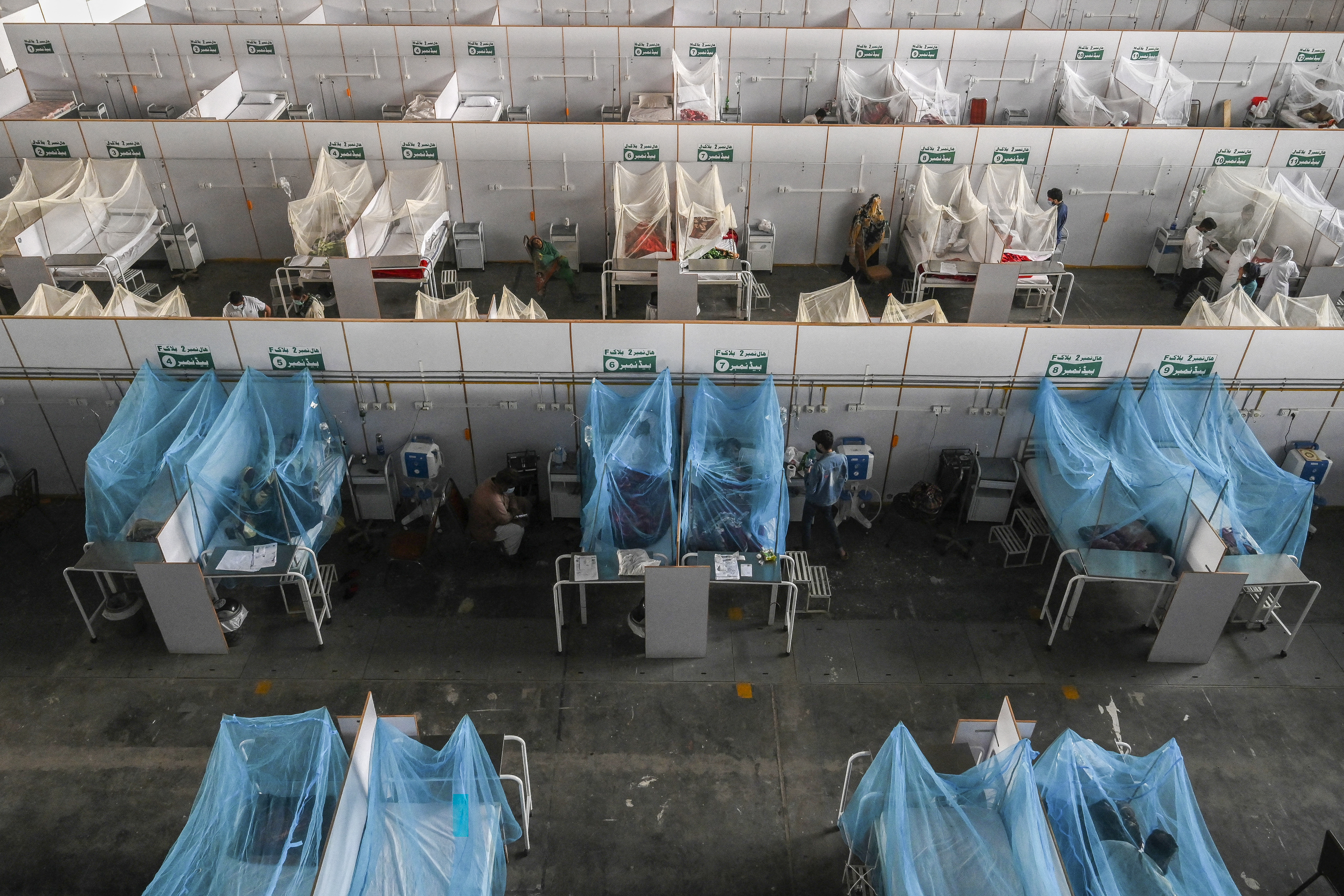


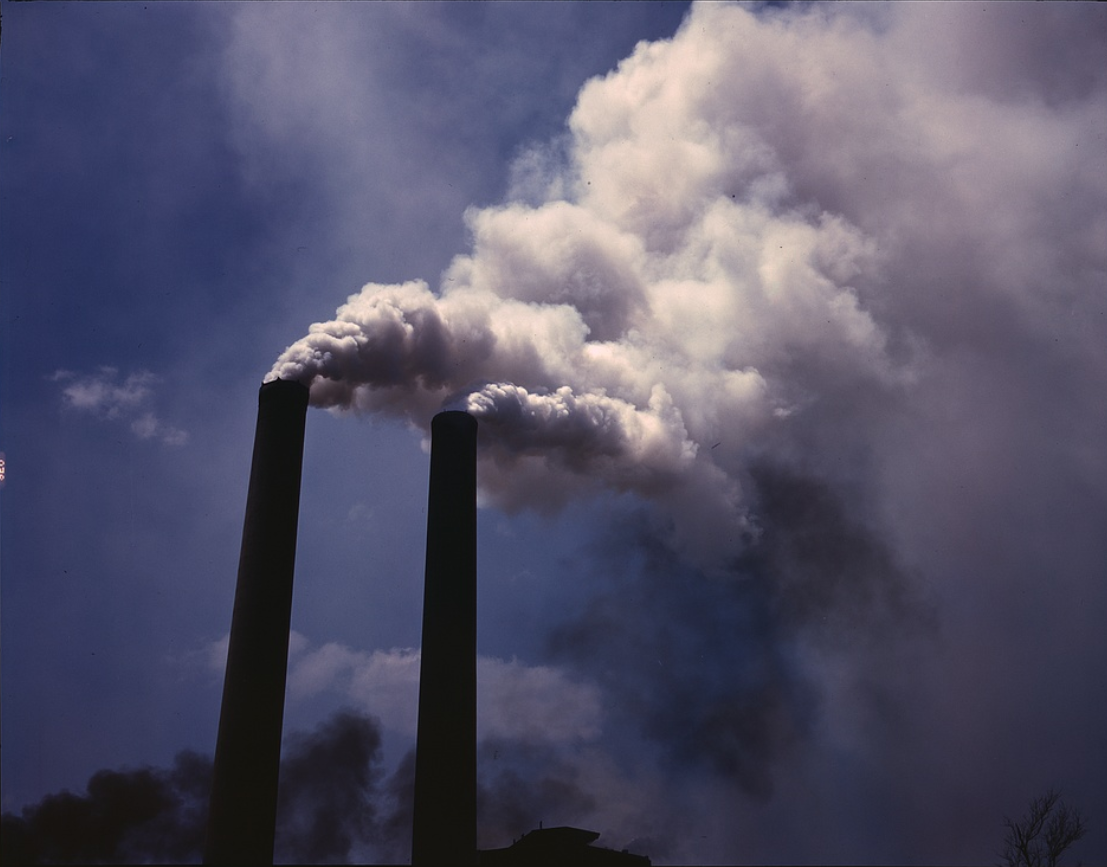
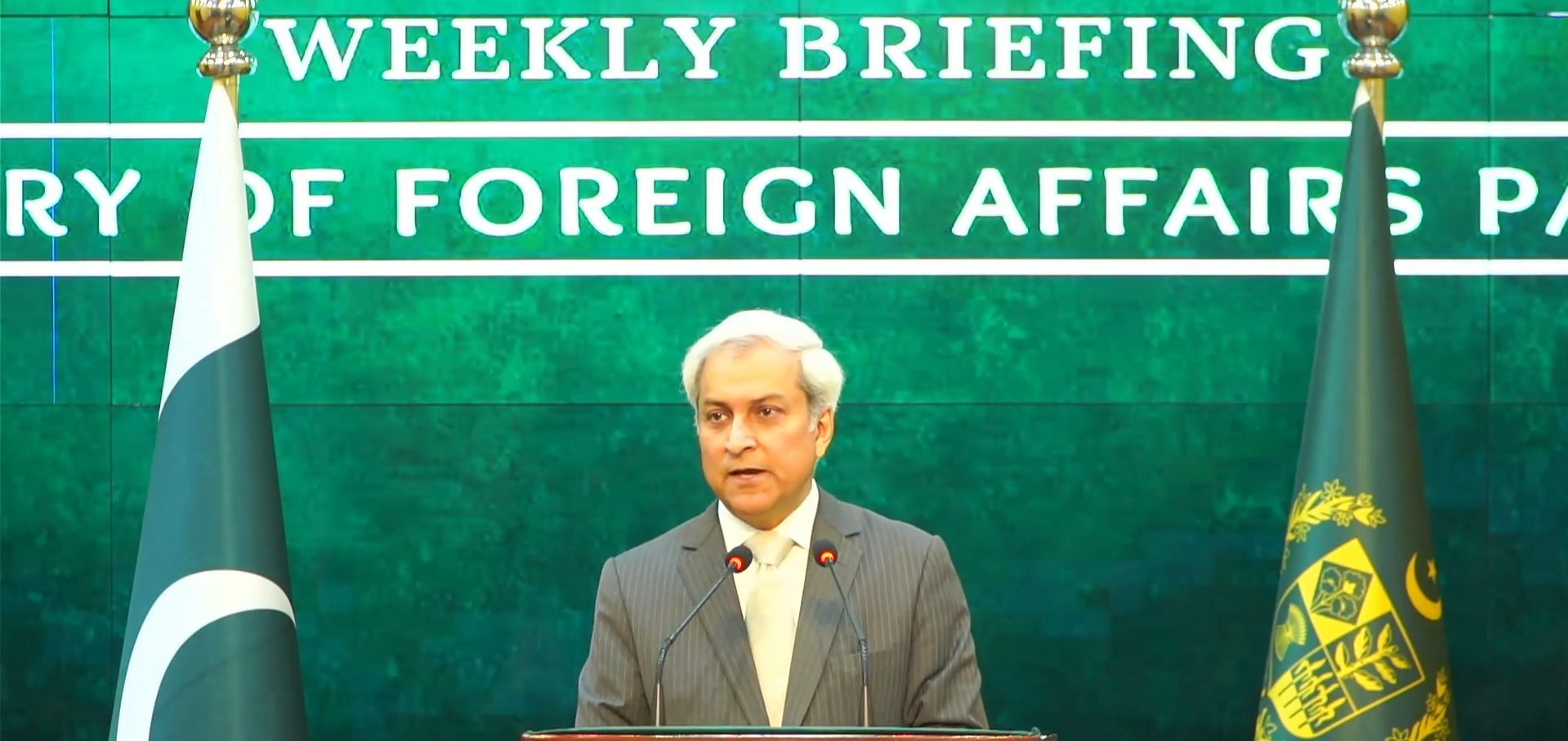
.jpg)

